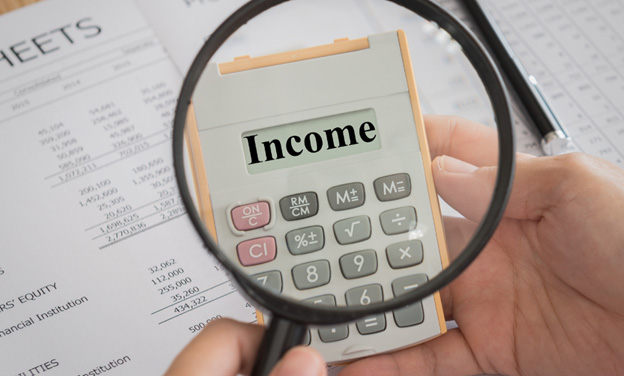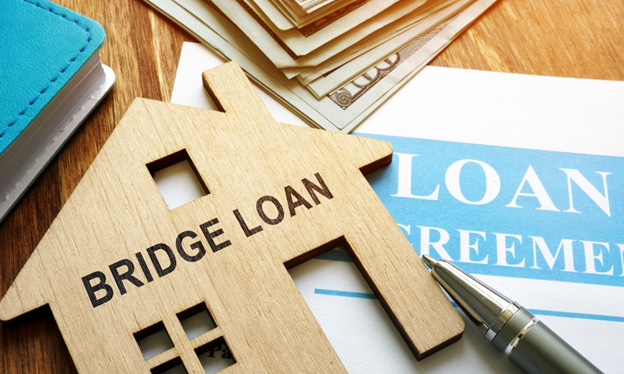 Purchasing or selling a property is a significant financial transaction that involves numerous parties, legalities, and a substantial amount of money. To ensure a smooth and secure process, the real estate industry relies heavily on a mechanism known as escrow.
Purchasing or selling a property is a significant financial transaction that involves numerous parties, legalities, and a substantial amount of money. To ensure a smooth and secure process, the real estate industry relies heavily on a mechanism known as escrow.
Understanding Escrow
Escrow refers to a neutral third-party entity or professional, typically an escrow officer or a title company, entrusted with holding and disbursing funds and documents during a real estate transaction. It acts as a safeguard, ensuring that all parties fulfill their obligations and that the transaction progresses smoothly.
How Escrow Works
Once the buyer and seller have agreed on the terms of the transaction, they initiate the escrow process by opening an escrow account. This involves selecting a trusted escrow officer or company and depositing the agreed-upon funds into the account. The escrow officer gathers all necessary documents, including the purchase agreement, title documents, loan documents, and any other relevant paperwork. Simultaneously, the buyer deposits the earnest money into the escrow account, demonstrating their commitment to the transaction.
The buyer typically has a specific period to conduct inspections, investigations, and other due diligence activities on the property. If the buyer finds any issues or discrepancies during this period, they can negotiate repairs or request changes to the terms of the agreement.
Once the buyer is satisfied with the inspections, due diligence, financing, and title search results, they proceed to remove any remaining contingencies, such as the inspection contingency or loan contingency. After all contingencies are satisfied, the closing process begins. The escrow officer prepares the closing documents, including the settlement statement, and coordinates the signing of these documents by all parties involved.
Once the necessary signatures are obtained, the escrow officer ensures that the funds from the buyer and the buyer’s lender, if applicable, are collected. Finally, the officer disburses the funds to the seller, paying off any existing liens or mortgages, and transfers the title to the buyer.
Benefits of Escrow in Real Estate Transactions
Escrow provides a secure and neutral environment for both buyers and sellers. The escrow officer ensures that funds and documents are held safely until all conditions are met, preventing either party from misusing or misappropriating them. Escrow also protects all parties from potential risks and fraudulent activities.
By safeguarding funds and documents, facilitating clear communication, and ensuring compliance with legal and financial obligations, escrow mitigates risks and promotes a smooth transaction process. Engaging a reputable escrow officer or company can offer peace of mind to all parties involved, making the real estate transaction more secure and efficient.
 They say, “you never get a second chance to make a good impression”, and when it comes to your home, curb appeal is the key to making a lasting one. Enhancing the exterior of your house not only adds value but also creates a warm and inviting atmosphere for both you and your guests.
They say, “you never get a second chance to make a good impression”, and when it comes to your home, curb appeal is the key to making a lasting one. Enhancing the exterior of your house not only adds value but also creates a warm and inviting atmosphere for both you and your guests. Homeownership is a significant milestone that comes with a sense of security and pride. Your home is not just a place to live but also a valuable asset that needs protection. Homeowners insurance provides financial coverage for unexpected events and damage that may occur to your property.
Homeownership is a significant milestone that comes with a sense of security and pride. Your home is not just a place to live but also a valuable asset that needs protection. Homeowners insurance provides financial coverage for unexpected events and damage that may occur to your property. Creating a household budget can be a helpful way to track your spending and ensure you are meeting your financial goals. You will need to examine your fixed expenses that are the same each month, such as rent or car payments and your variable expenses that change each month, such as groceries or entertainment. Dealing with debt can be challenging but incorporating it into your budgeting strategy can help you regain control of your finances. Here are some steps you can take to effectively manage your debt while budgeting:
Creating a household budget can be a helpful way to track your spending and ensure you are meeting your financial goals. You will need to examine your fixed expenses that are the same each month, such as rent or car payments and your variable expenses that change each month, such as groceries or entertainment. Dealing with debt can be challenging but incorporating it into your budgeting strategy can help you regain control of your finances. Here are some steps you can take to effectively manage your debt while budgeting: Deciding whether to buy or build a house can be a complex decision that depends on several factors. Here are some pros and cons to consider:
Deciding whether to buy or build a house can be a complex decision that depends on several factors. Here are some pros and cons to consider: Buying land for a new home is a significant investment, so take your time, do your research, and make an informed decision. It’s essential to do your due diligence and research before buying land to build a new home. Here are some important things you shouldn’t forget:
Buying land for a new home is a significant investment, so take your time, do your research, and make an informed decision. It’s essential to do your due diligence and research before buying land to build a new home. Here are some important things you shouldn’t forget: Crafting a counter-offer that doesn’t scare away a potential home buyer can be tricky. Here are five tips to help you navigate the negotiation process while keeping the buyer interested:
Crafting a counter-offer that doesn’t scare away a potential home buyer can be tricky. Here are five tips to help you navigate the negotiation process while keeping the buyer interested: It is unlikely that an unconventional job will hurt your mortgage approval, as long as you can demonstrate a consistent and stable income stream that meets the lender’s requirements. Lenders are primarily concerned with your ability to repay the mortgage, and they will evaluate your income and employment history to determine whether you are a suitable candidate for a loan.
It is unlikely that an unconventional job will hurt your mortgage approval, as long as you can demonstrate a consistent and stable income stream that meets the lender’s requirements. Lenders are primarily concerned with your ability to repay the mortgage, and they will evaluate your income and employment history to determine whether you are a suitable candidate for a loan. Whether or not to help your kids pay for their mortgage is a personal decision that depends on your financial situation, your relationship with your children, and your beliefs about financial independence.
Whether or not to help your kids pay for their mortgage is a personal decision that depends on your financial situation, your relationship with your children, and your beliefs about financial independence. A bridge loan, also known as interim financing, is a short-term loan used to provide temporary financing until a borrower secures long-term financing or sells an asset. Bridge loans are commonly used in real estate transactions, such as when a buyer needs to close on a new home before selling their current home.
A bridge loan, also known as interim financing, is a short-term loan used to provide temporary financing until a borrower secures long-term financing or sells an asset. Bridge loans are commonly used in real estate transactions, such as when a buyer needs to close on a new home before selling their current home.